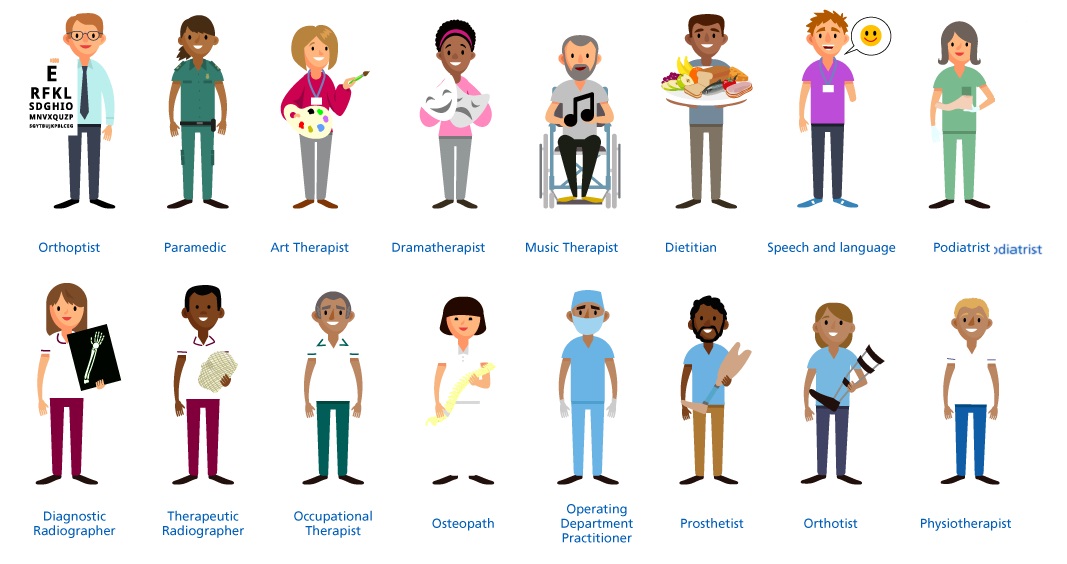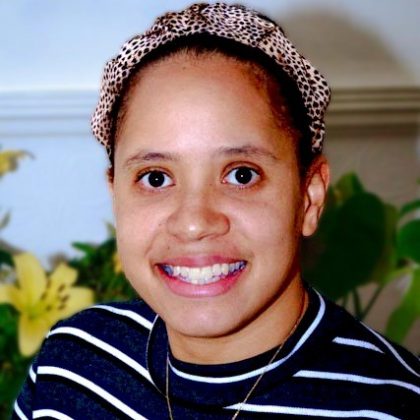HCPC standards are changing - all you need to know
Report
At the British Association of Art Therapists, all our members are regulated by the Health and Care Professions Council (HCPC). The purpose of the HCPC is to set and maintain standards for fifteen professions including art therapy, with the overall objective of protecting the public.
Rosemary Flowers, Policy Manager at the HCPC, tells us about recent changes to the standards and invites you to get involved to ensure they are accessible and clear for all.

The HCPC’s Standards
At the HCPC, we set the standards that our registrants – like art therapists – will use to practise safely and effectively. These standards are the foundation of how we regulate and explain what we – and the public – expect of registrants. We also set standards for education providers and use these to assess education and training programmes for our registrants.
We know that the way you practise changes over time and therefore, we regularly update our standards. Making these updates requires a process of in-depth review and stakeholder engagement, including a public consultation. We recently announced updates to our Standards of Proficiency (SOPs) which will come into effect in September 2023, and we are currently in the process of updating our Standards of conduct, performance and ethics (SCPEs).
The SOPs are split into generic standards and standards that are unique to each profession. The generic standards recognise commonalities across the professions we regulate, whilst the profession specific standards set the threshold standards that are necessary to protect the public in each profession.
Changing the Standards of Proficiency
The changes that we have made to the SOPs were informed by a public consultation held in autumn 2020. The changes will come into effect in September 2023, at which point we expect all registrants to be meeting those Standards.
It is important that you become familiar with the new generic SOPs and the specific standards for your profession, to ensure you can fully meet them.
What do the changes reflect?
Developments in practice
The changes that we have made reflect the extent of developments in practice within each profession. For example, the new Standards require registrants to keep their skills up to date with new technologies in their profession. This reflects the expanding role that technology plays in the delivery of health and care services.
Service user content
We have also made changes to reflect the changing way that we understand a service user’s consent. For example, the new SOPs ask registrants to take a wider range of circumstances into account when determining consent. They require registrants to understand the importance of valid consent and effective communication in providing good care.
Wellbeing
It’s important that registrants look after their own wellbeing when providing care to others. The revised standards emphasise the importance of this and require registrants to ask for help when they need it. The wording we have chosen is compassionate to our registrants and highlights the central role registrant wellbeing plays in protecting patients.
Equality, diversity and inclusion
We are committed to ensuring that our registrants can provide health and care services to all. While we already had equality, diversity and inclusion (EDI) requirements in the SOPs and the SCPEs, the new SOPs, significantly expand the role of EDI, placing specific importance on making sure that practice is inclusive for all service users.
Reviewing the Standards of conduct, performance and ethics
Many of the changes made to the SOPs are reflected in the proposals we have made to the SCPEs. The SCPEs set out how we expect registrants to behave. Since we regulate 15 different professions and over 300,000 registrants, these Standards are not prescriptive. Instead, we expect registrants to be familiar with their standards, and to apply them to their own context using their professional judgement.
We consulted on the proposed changes to the SCPEs from March 2023 – June 2023. These changes reflect our pre-consultation stakeholder engagement with trade unions, professional bodies, registrants, service users, employers and other regulators. For example, we heard that participants were concerned about social media use, discrimination, bullying and harassment and staff wellbeing. These are some of the key themes of our proposed changes, demonstrating the impact that your feedback has on our work.
We are now analysing the responses to our consultation, and we will tell you more about what we heard shortly. In the meantime, we want you to stay a part of the conversation and help us ensure that the final revisions are accessible and clear to all our stakeholders. We are setting up two working groups to do this:
- Pre-launch EDI assessment group
- Explanatory materials design group
The purpose of the pre-launch EDI assessment group will be to read and assess the Standards before their publication. The group will meet once in the autumn and be made up of members who may be impacted by the revised Standards because of their race, nationality, gender, or disability.
The purpose of the explanatory materials design group will be to identify what explanatory materials will be needed to ensure the Standards are accessible. The group will meet once every two months between October 2023 – April 2024 and be made up of members who may be impacted by the revised Standards because of speaking English as a foreign language, their race, disability or neurodivergence.
Get involved
If you would like to get involved and meet the requirements for either of these groups, please get in contact with the Policy and Standards team: policy@hcpc-uk.org. You can also nominate individuals if you think they would be suitable for either working group.
More information
You can read more about the review of the Standards of conduct, performance and ethics via the HCPC website.
